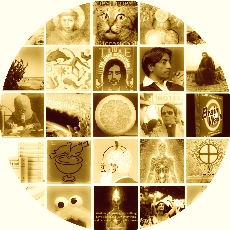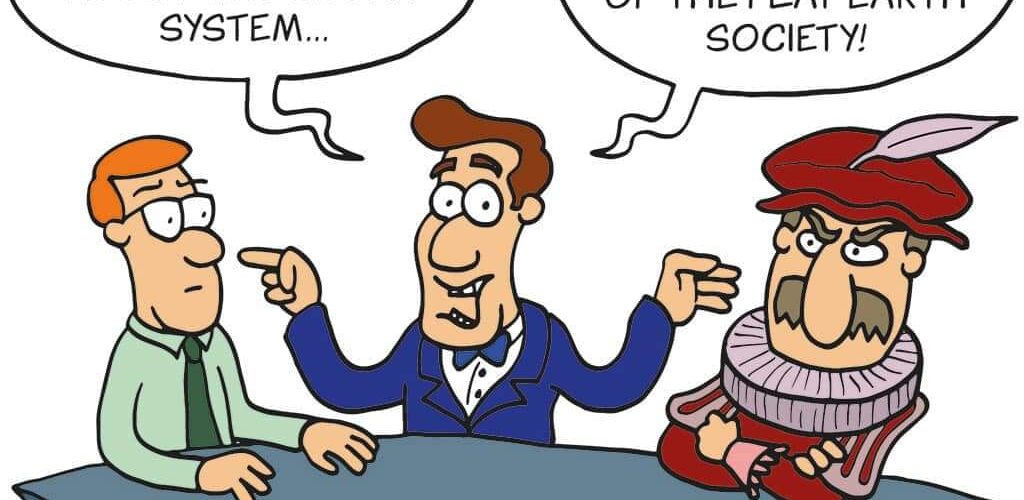Bilden och nedanstående reflexion lånat från FB-sidan ”Thinking is Power”
Avoiding bias is a laudable goal. But there aren’t always “two sides” to every story. Giving equal weight to an unsupported position is a false balance, and it can mislead and confuse the audience.
While false balance often results from an attempt at impartiality, the irony is that the “balance” results in bias. Not giving equal weight to an unsupported position isn’t censorship. It’s not a conspiracy. It’s just good journalism.
https://www.facebook.com/share/p/w844CZEm2uErYNQp/
(Bild enligt uppgift John Cook & ”Cranky Uncles Skeptical Science”)
På hemsidan för ”Thinking is Power” hittar man en upplysande lista över diverse sätt som man kan tänka skevt och vint.
Somligt köper jag bara med viss reservation, t ex detta med ”Anekdotiska tankefel”, medan annat känns helt spot on. Om ”Ignorance fallacy” står det
The argument from ignorance fallacy asserts that something is true, because we don’t know that it’s not. A foundation of critical thinking is that claims require evidence, and claims without evidence can be dismissed without evidence. A lack of evidence simply demonstrates our ignorance, and is not a reason to believe…
This fallacy is commonly used by science deniers, pseudoscience proponents, conspiracy theorists, and believers in the supernatural who point to anomalies that aren’t immediately easily explainable as “evidence” of their beliefs. Was that a UFO? Bigfoot? A ghost? A miracle? We don’t know that it wasn’t, so it must have been!
The argument from ignorance is fallacious because when we don’t know, we simply don’t know!”
En extra försvårande omständighet är så klart om man hunnit utveckla en sådan stark misstro mot etablissemanget, forskarvärlden t ex, att sanningen per automatik antas vara motsatsen till vad detta etablissemang påstår eller rekommenderar.

